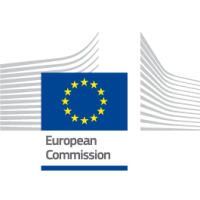
Featured group webinar: Navigating AI and online safety
Join this webinar, organised within the eTwinning featured group Digital skills for students and teachers, and discover how to integrate digital skills development into your eTwinning projects. Participants will explore good practices for promoting online safety, creative ways to use AI in education, and gain insights from the 2025 eTwinning European prizes.
Webinar information
Description
In an increasingly connected world, digital literacy is more important than ever – not only for students but also for teachers guiding them through today’s complex digital landscape. This online event, organised as part of the Digital Skills for Students and Teachers group’s spotlight month, will focus on two of the most pressing themes in digital education: the rise of artificial intelligence and the need for online safety.
Participants will have the opportunity to:
· Discover inspiring eTwinning projects that integrate digital skills development;
· Explore practical and accessible AI tools that can enhance teaching and learning;
· Learn about good practices in promoting responsible and safe use of technology among students.
Whether you’re already using AI in your classroom or just beginning your journey with digital tools, this webinar will offer ideas, insights, and resources to support your work.
Let’s navigate the digital world together – safely, creatively, and with confidence!
Don’t miss this opportunity to learn, share, and be inspired!
The content of this webinar reflects the views only of the authors. The European Commission does not endorse any views, opinions or advice expressed by the speakers/presenters of this webinar.
About the speakers
معلومات إضافية
-
Language:English
-
Target audience:TeacherHead Teacher / PrincipalTeacher Educator
-
Target audience country:
-
Target audience ISCED:Primary education (ISCED 1)Lower secondary education (ISCED 2)Upper secondary education (ISCED 3)









